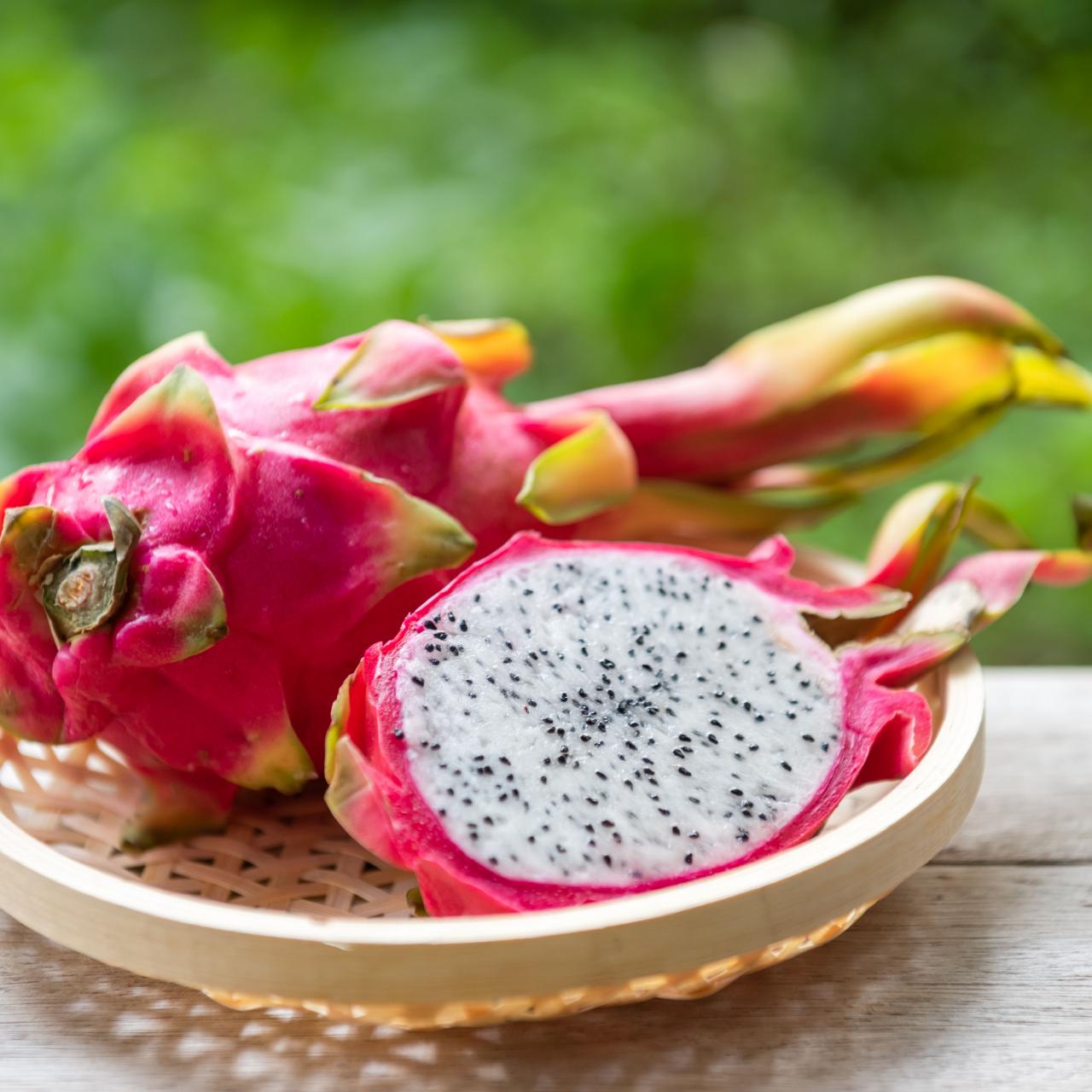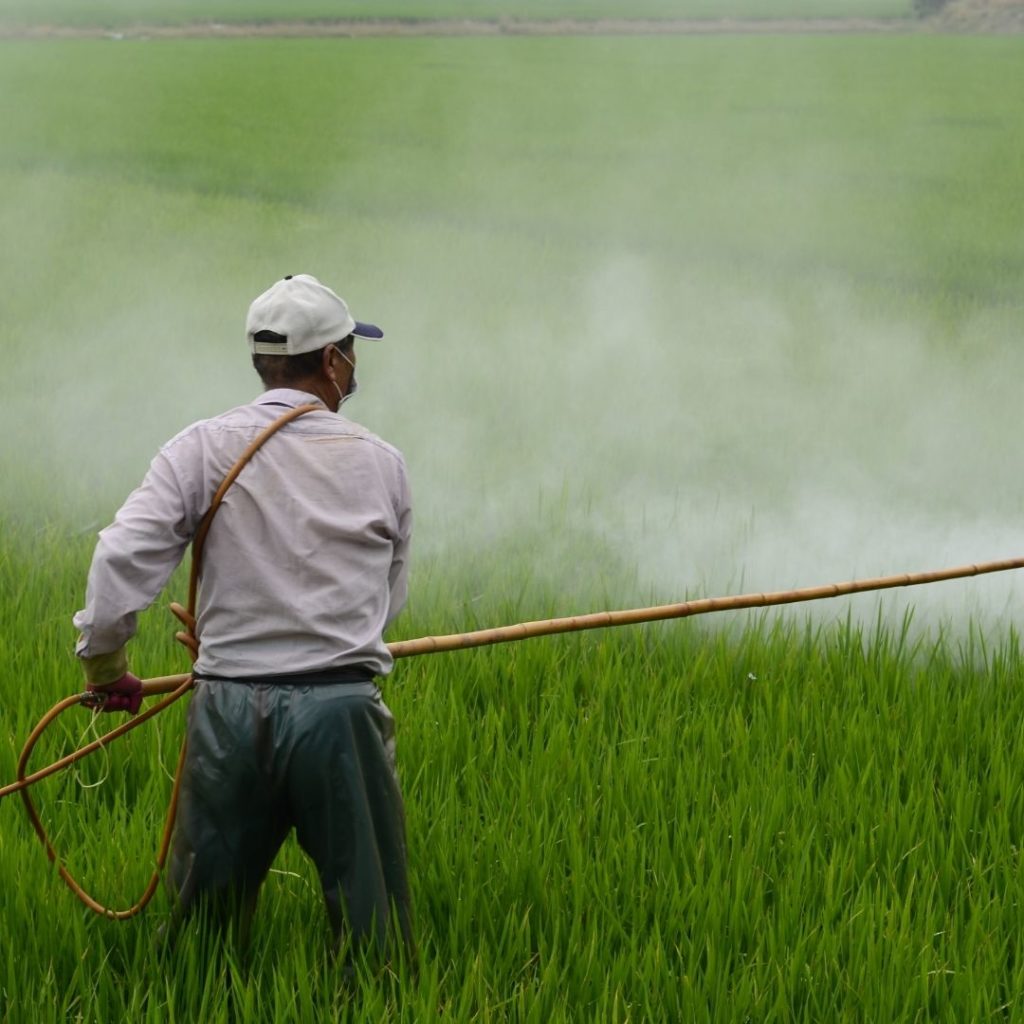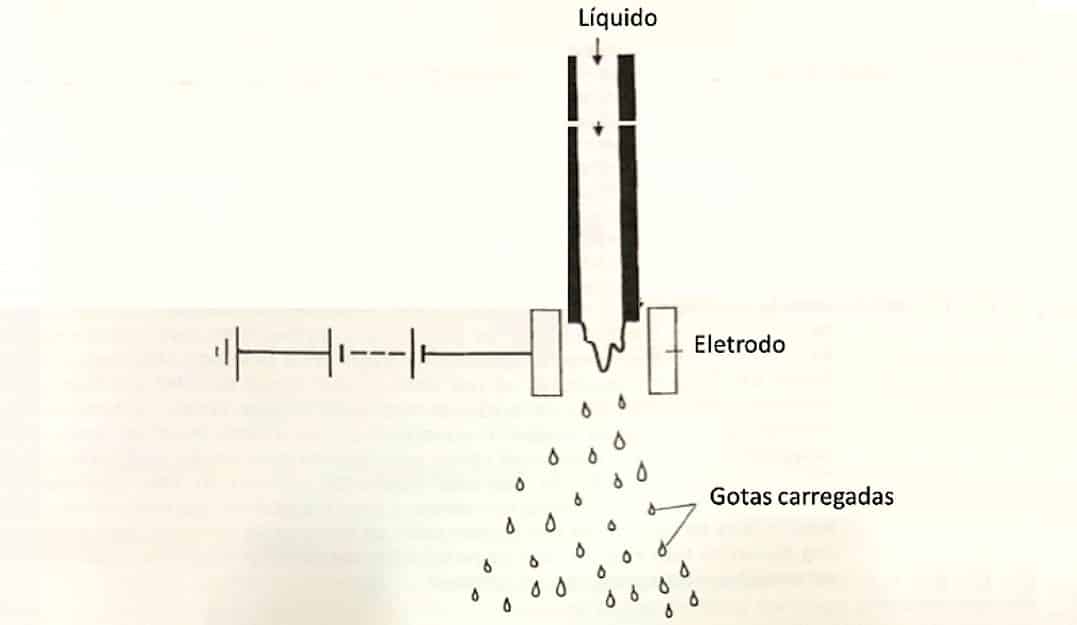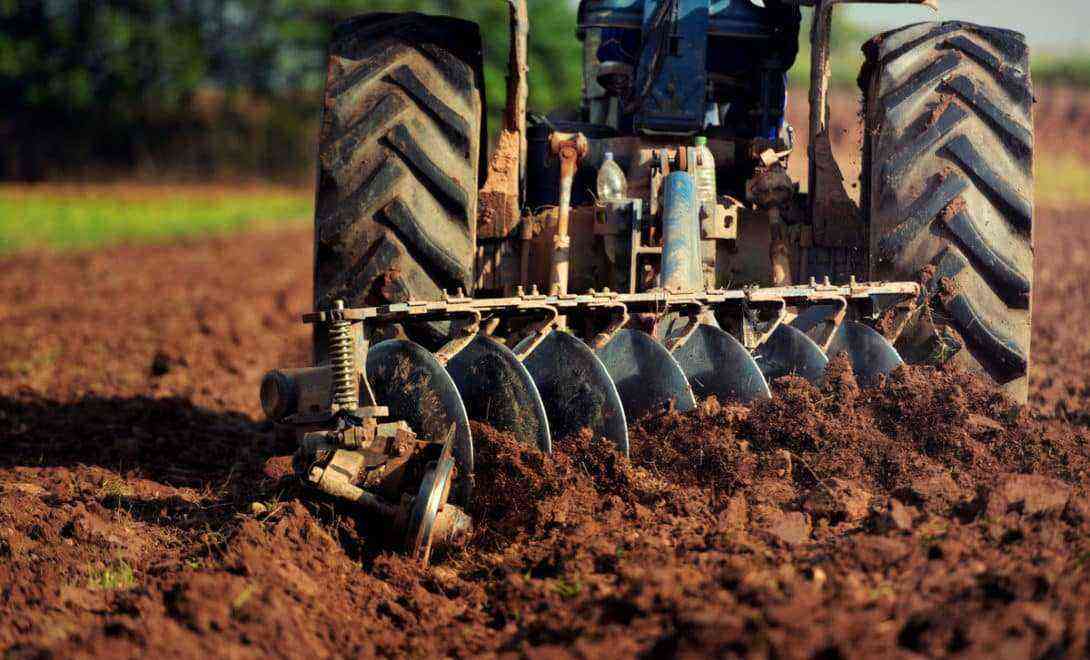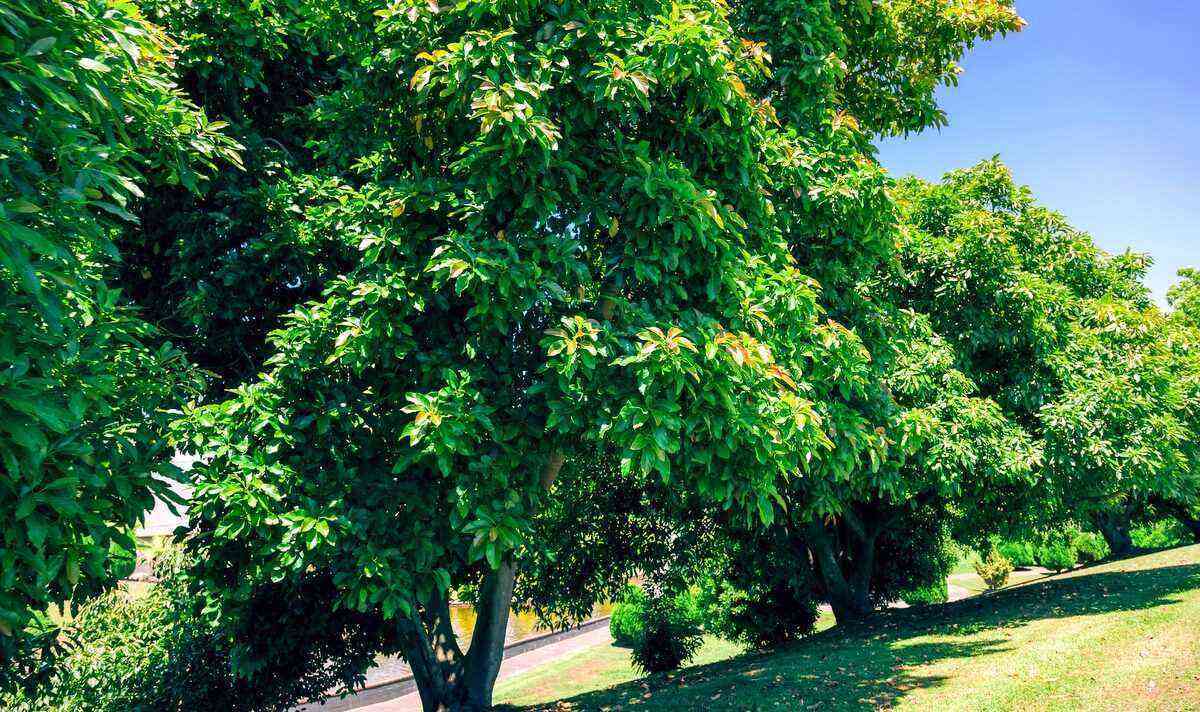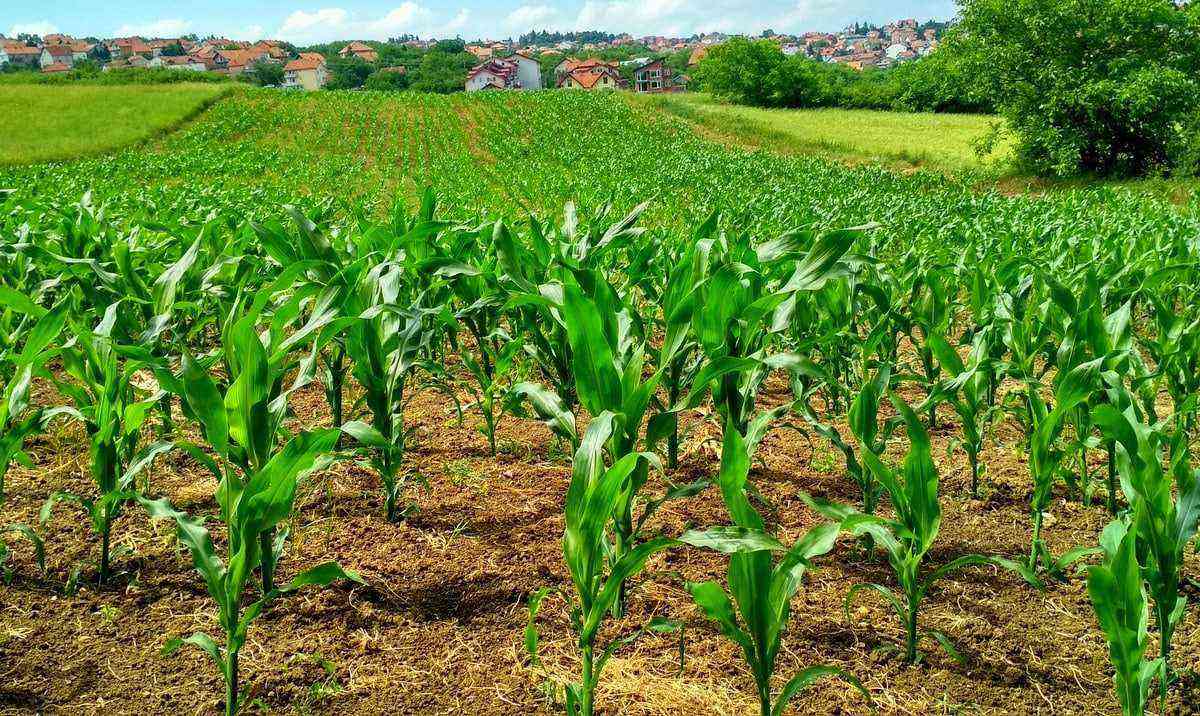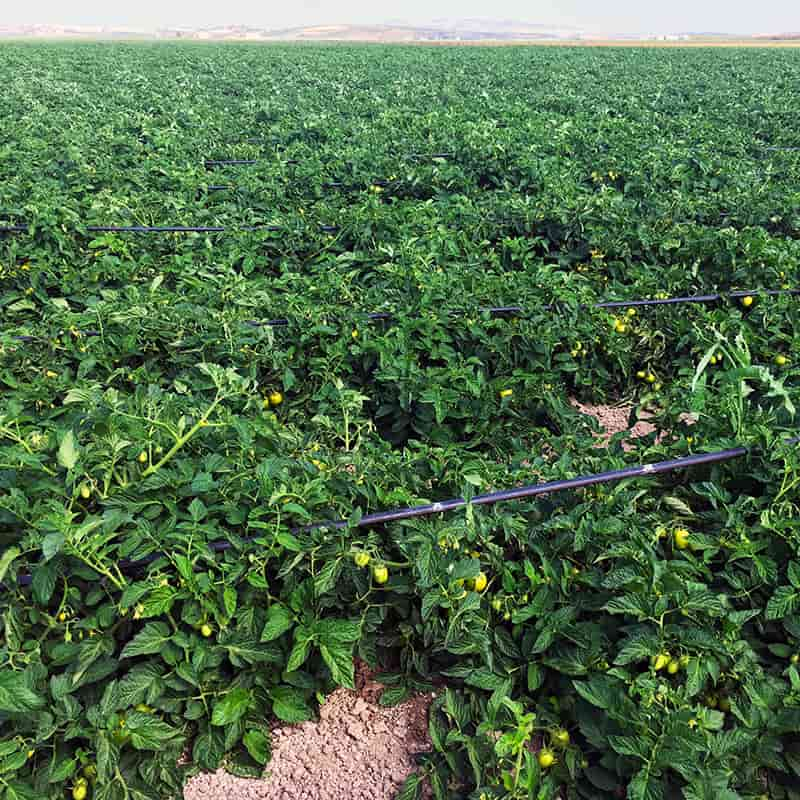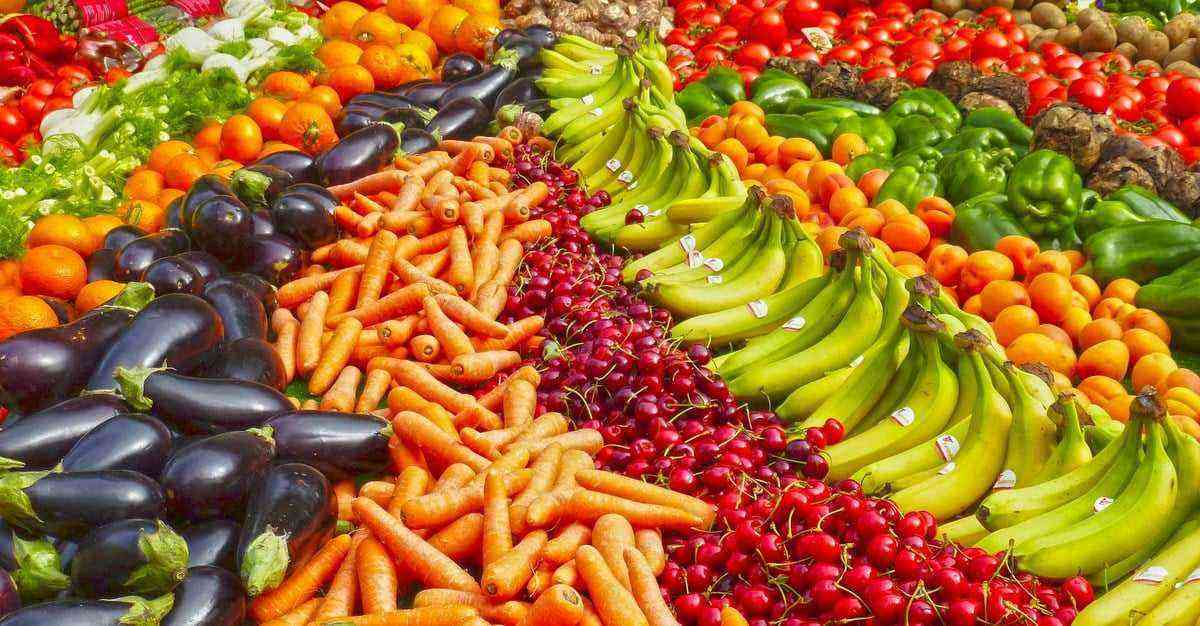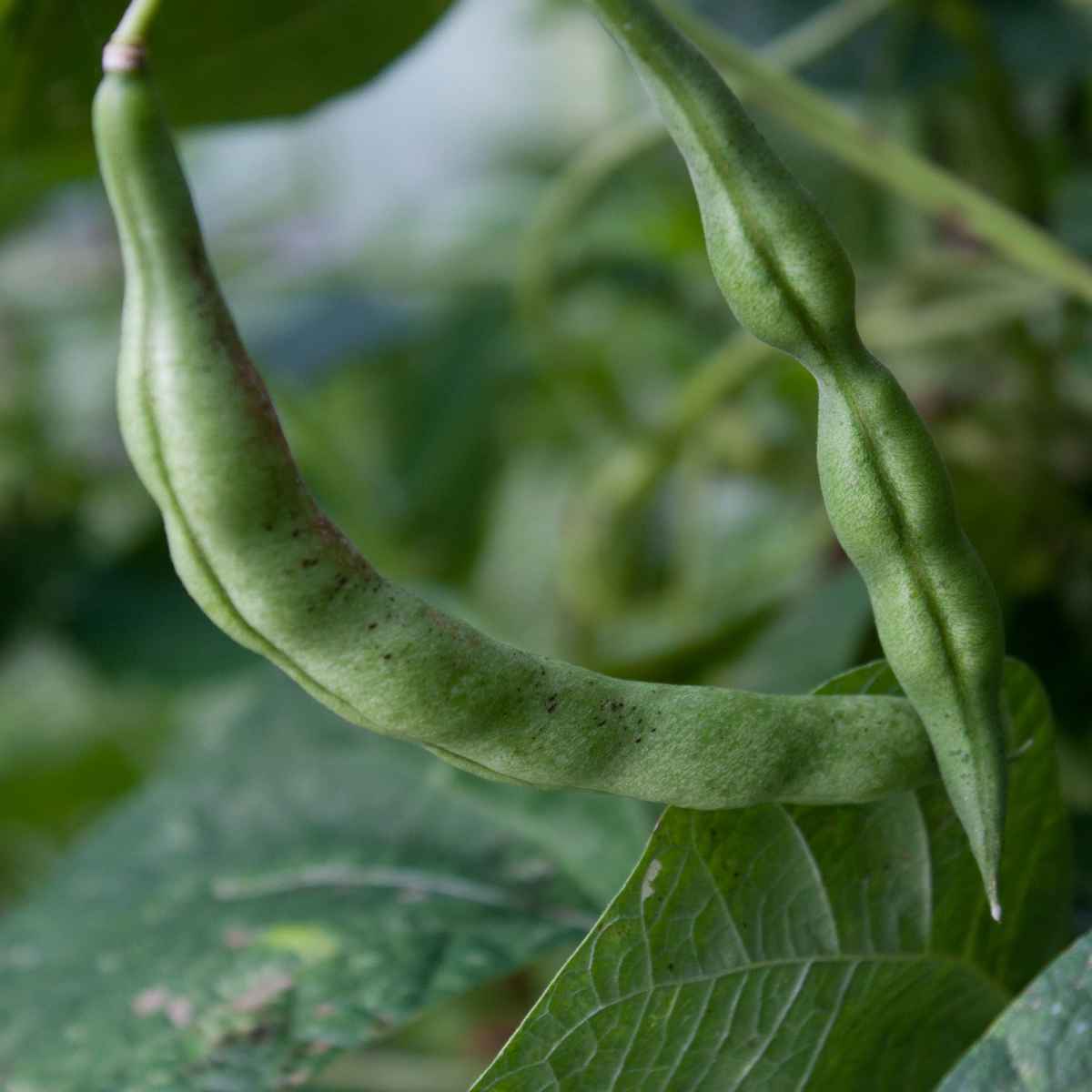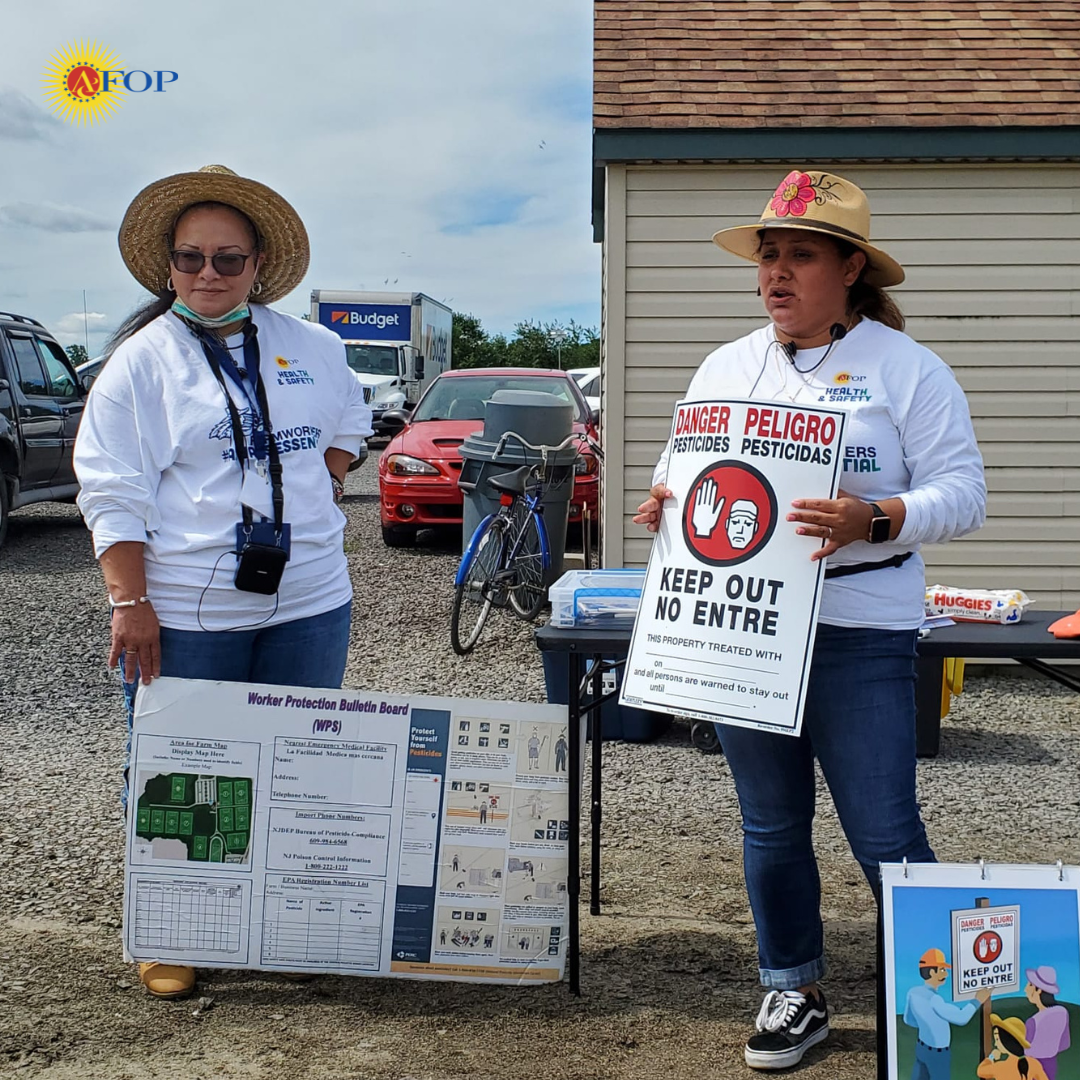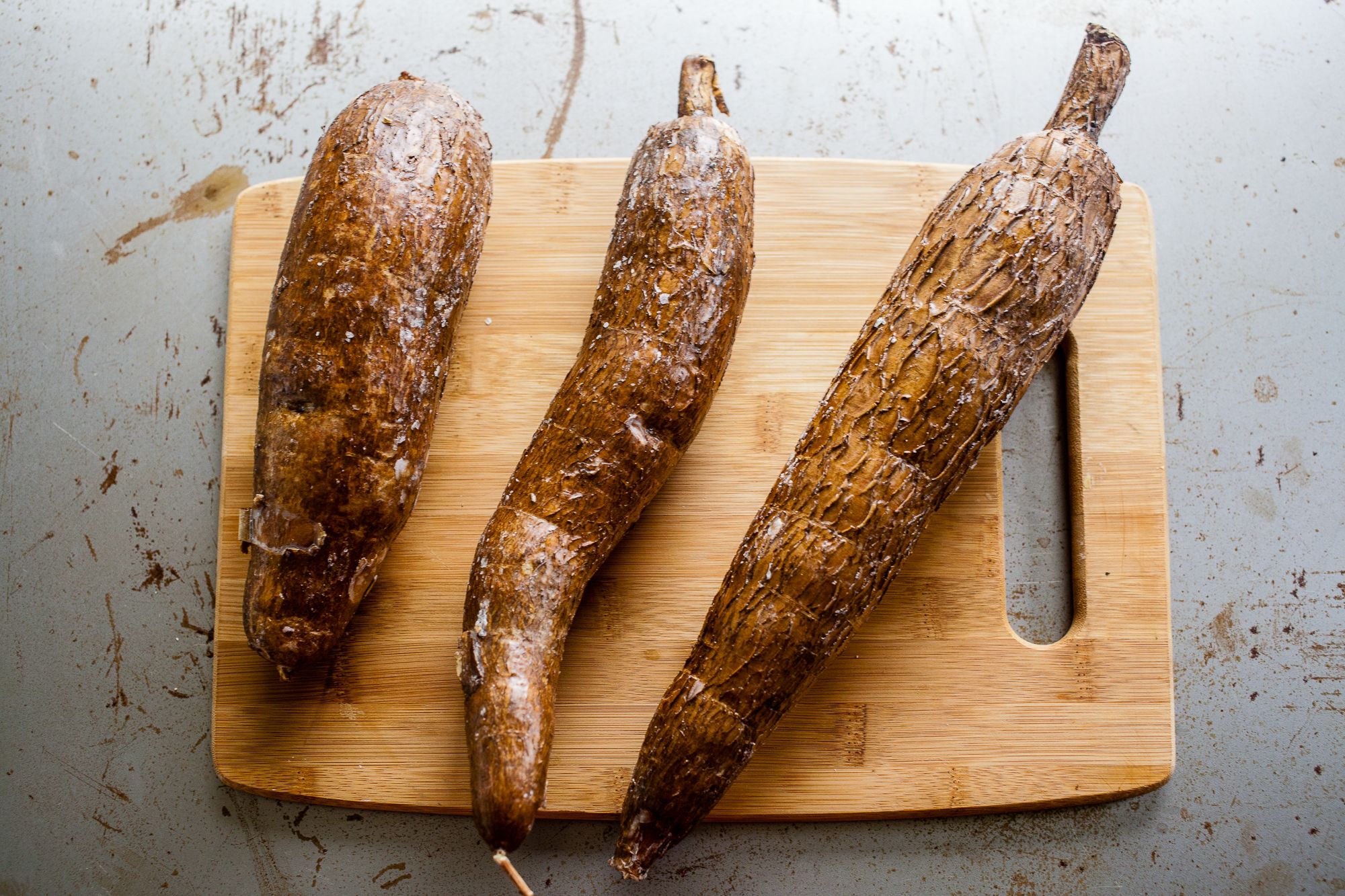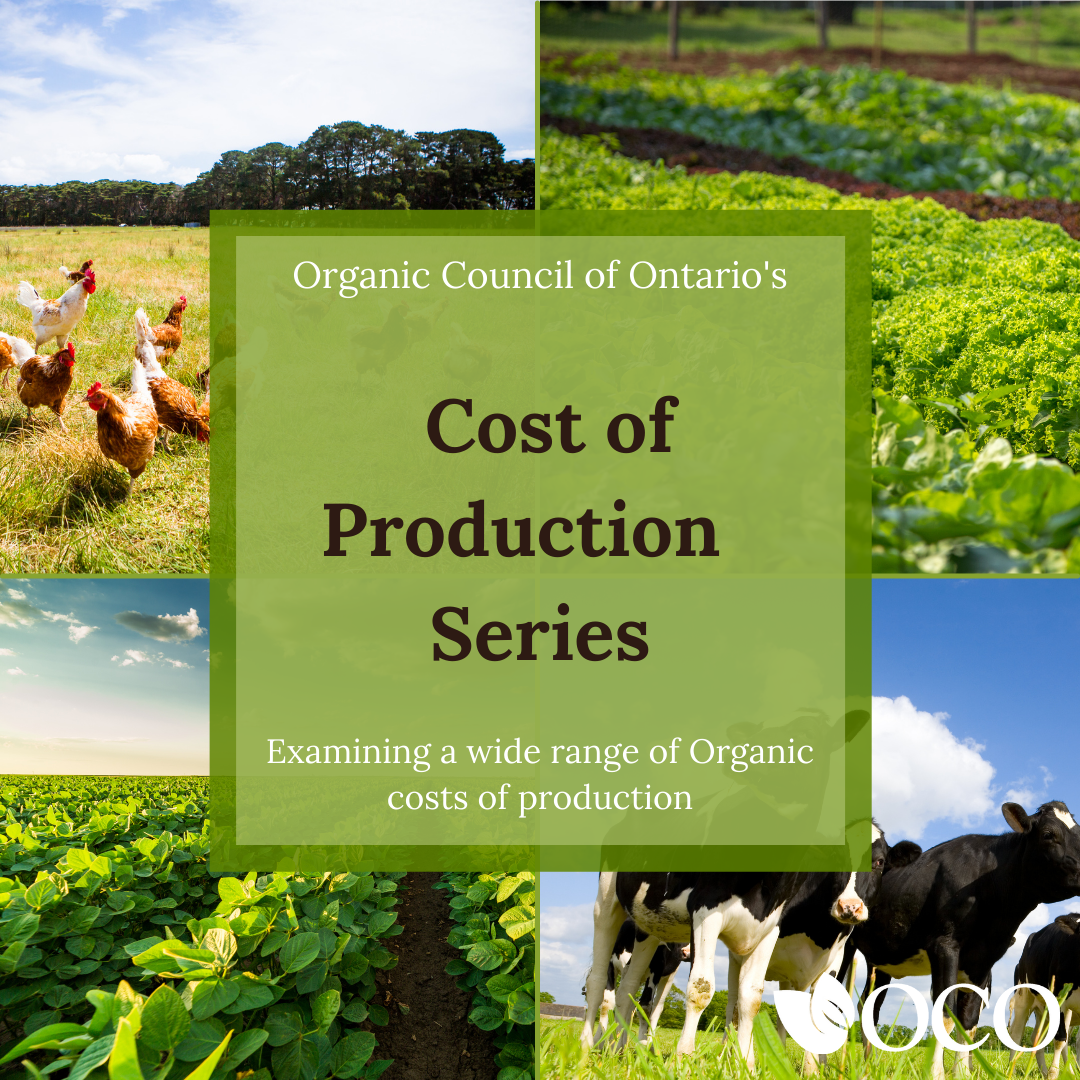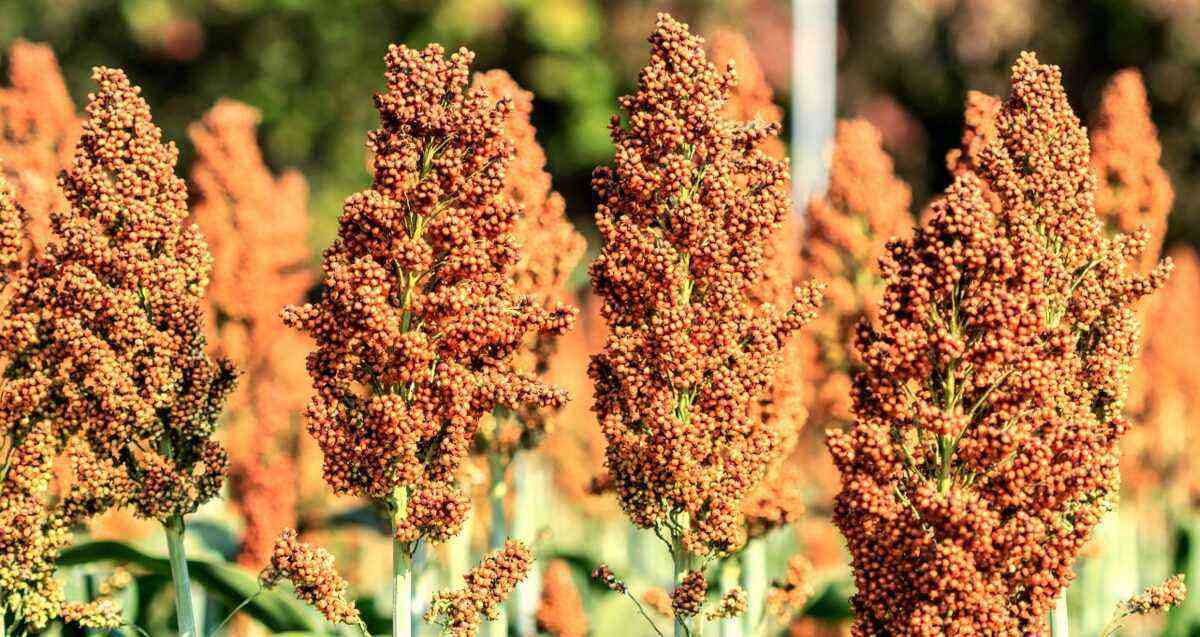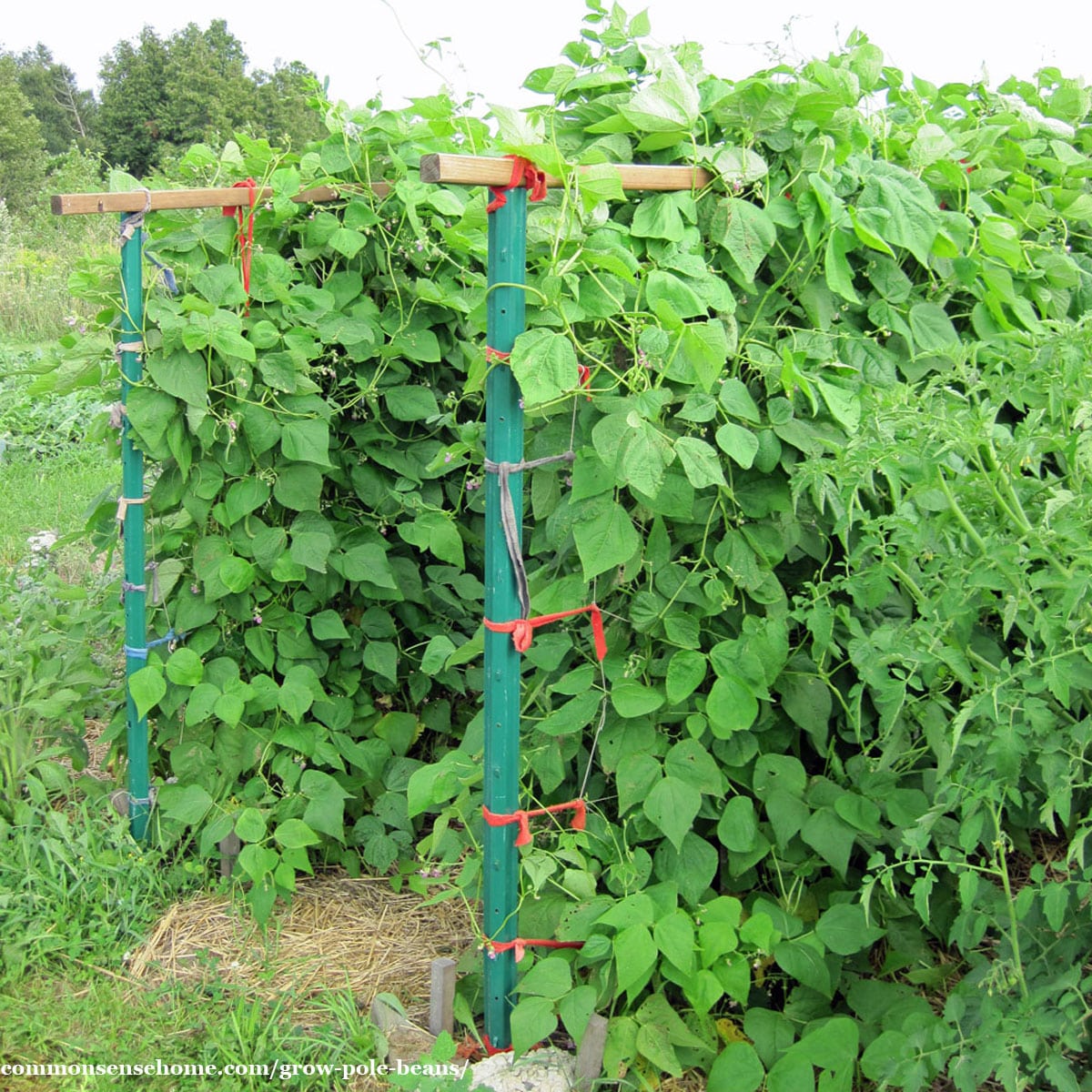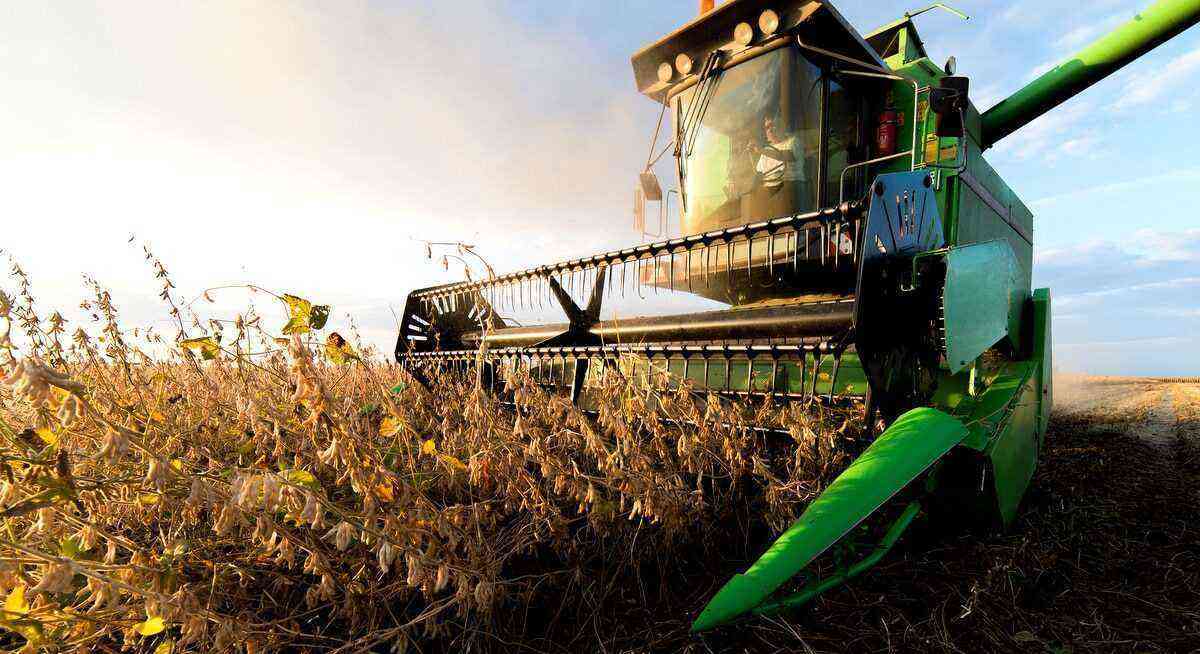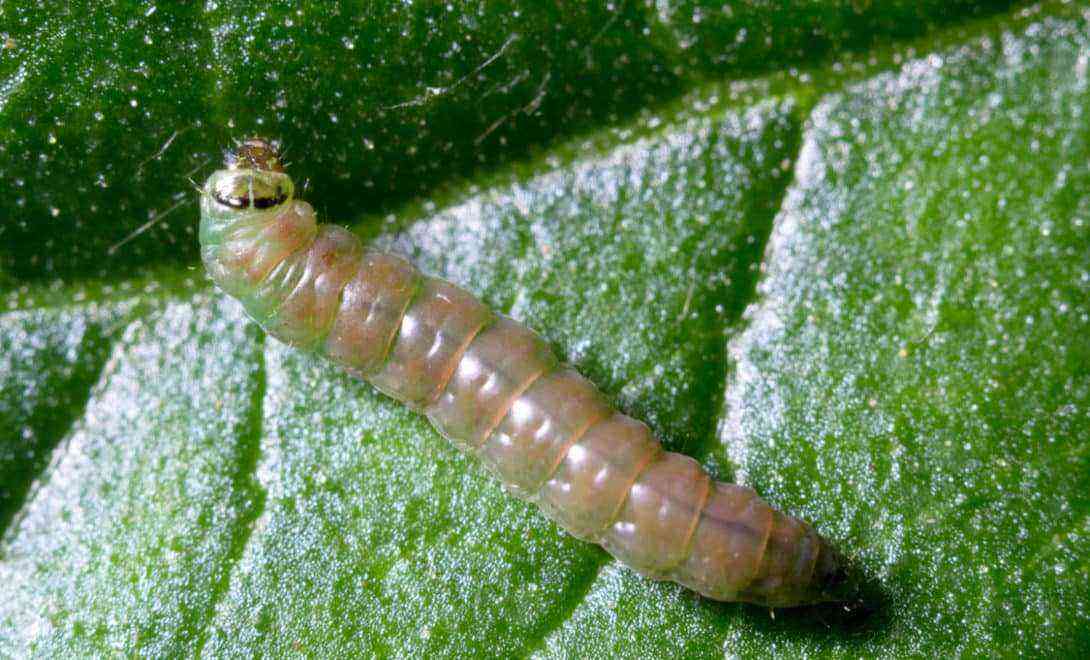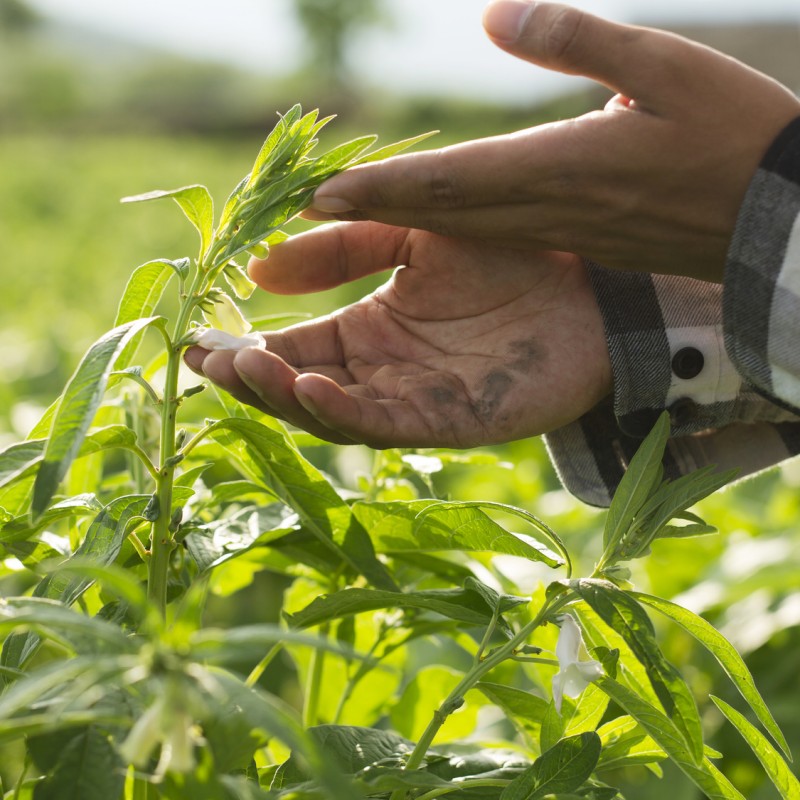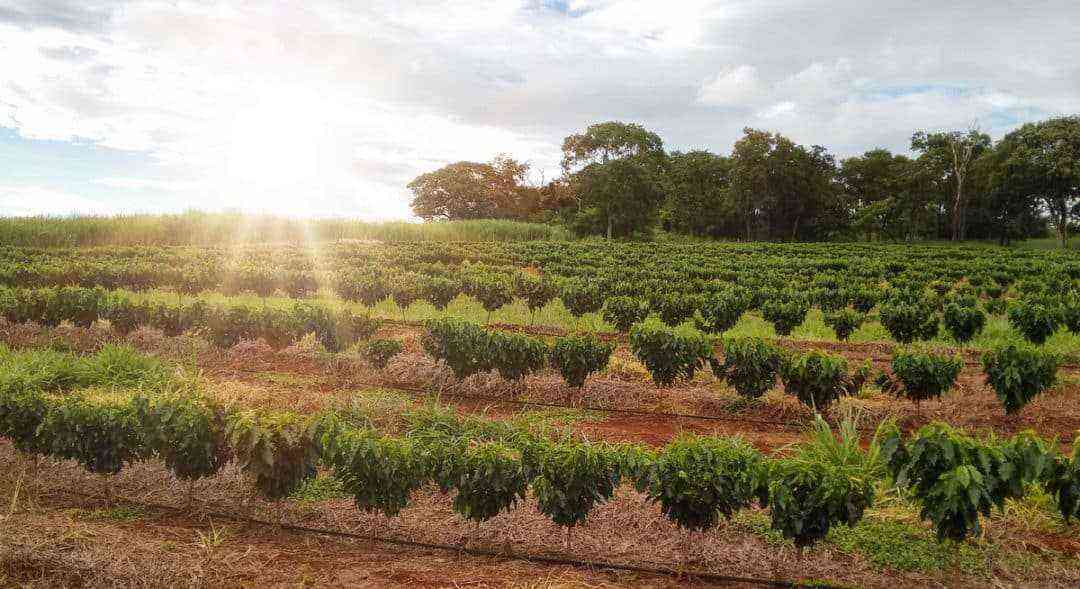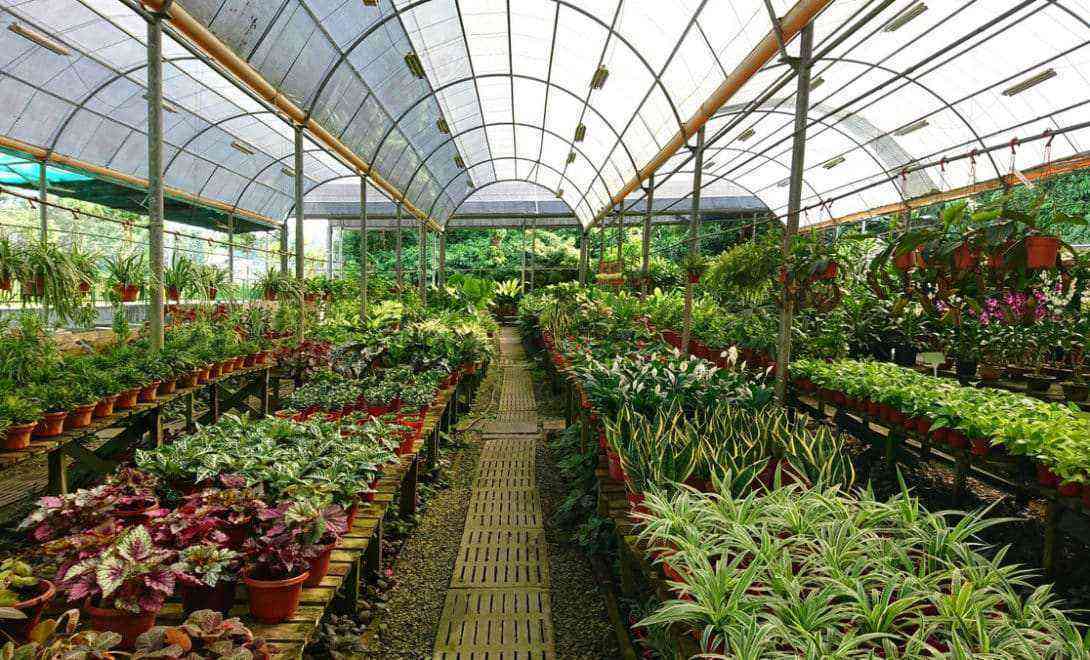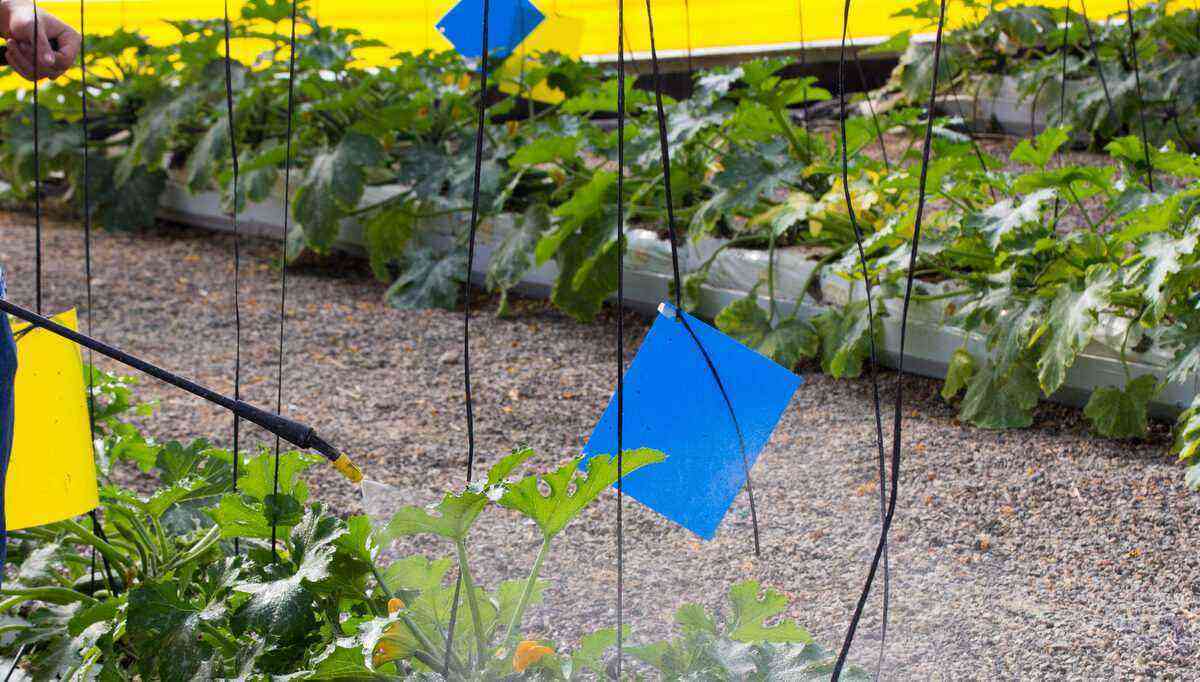Brazilians are increasingly concerned about the quality of the food they buy for their families. With the increase in the number of pesticides allowed by the Ministry of Agriculture for use in agriculture, organic foods have gained prominence in the market as an alternative to a diet considered “healthier”.
Even before this government measure, consumers were already aware and interested in improving food, adding health and sustainability.
Today, the choice to buy organic products has become a matter of long-term survival and many consumers have identified the excellent cost-benefit that organics provide.
Let’s get to know a little more about the growth of the organic products market in Brazil!
What are organic products?
Organic products are those free of pesticides, fertilizers and GMOs. They are produced naturally, through an ideology and culture based on respect for nature.
Within organic agriculture, the objective goes far beyond offering distributors and end consumers a higher quality food. The focus is to act within a production chain that aims at environmental balance, both for man and for nature.

For this, producers need to follow the regulatory standards and comply with the entire protocol of health legislation, thus guaranteeing the consumer that he is in fact purchasing an organic product.
It is necessary to respect the use of soil, air, water and all other natural resources necessary for a good planting. Everything happens naturally and without any chemical additive, hence the term organic.
Organic products in Brazil are on the rise
The scenario for organic producers is increasingly promising. The outlook for this market is very positive for the sector, so much so that a survey carried out by Organis (Association for the Promotion of Organics) shows that the sector generated BRL 4,6 billion in 2019. This represented a 15% growth in relation to the previous year. previous year, when the sector had a turnover of R$ 4 billion.
About 19% of consumers surveyed said they had used an organic product in the last 30 days. This shows that, more than ever, health and concern for sustainability are increasingly present in the lives of Brazilians.
According to an estimate also presented by Organis, this year the organic products sector in the country should grow by around 10%. Even in the face of the economic crisis, the search for organic products has been constant, because, for these consumers, when buying food, the “cheapest law” is not what prevails.
Especially because, opting for processed foods or foods produced in a traditional way, with pesticides, can be expensive in the end, because, for the consumer, there is a risk of a series of health problems.
It is estimated that at least 20% of the country’s consumers buy organic products at least once a month. It is a market trend that will only increase and there is no turning back, because it involves a whole social, sustainable and economic structure.
Biggest consumers of organic are in the South region
The southern region of Brazil is the one that consumes the most organic products, with 23% of the population already purchasing and making use of natural and pesticide-free products.
Among the most sought after foods are fruits and vegetables, which appear as a priority on the organic products purchase list.
 Organic fruits and vegetables are the most sought after by consumers.
Organic fruits and vegetables are the most sought after by consumers.
Faced with this growth in demand, many supermarkets already have a section dedicated exclusively to organic food and products. But, it is in the open market that people look for these foods the most.
How do you know if a product is organic?
If you have never consumed an organic product, but are interested in starting to eat healthier and respecting nature, it is important to know how to identify whether or not a product is organic.
On the packaging, there is a guarantee seal that is offered by the Brazilian System of Organic Conformity Assessment (SisOrg). It is very easy to view and buy without having doubts that you are taking something non-organic to the house.
No video below, tips to buy organic products without risk of being scammed:
Source: Chamber of Deputies
In addition to the seal, consumers are very attentive to the price and appearance of the food. But, because organic products have a slightly higher market value, this is what ultimately determines whether or not to choose a particular product.
However, it is worth remembering that there is no greater cost-benefit than ensuring food without chemicals, with a much better preserved flavor and without risks of causing diseases in the future.
Diseases that can be caused by the use of food with pesticides:
- Infertility
- Cancer
- ADHD – Attention Deficit Disorder
- Hyperactivity
- Hypothyroidism
- Kidney problems
- liver diseases
- Allergies
- Heart disease
- Depression
- fetal malformation
Manifesto for sustainability and well-being
It is undeniable that opting for a food without pesticides offers several health benefits. More and more we hear about the conscious use of pesticides and in many crops that make the correct use we would not have problems, however, we cannot differentiate from a producer who makes indiscriminate use, hence the option of consuming organic products, who does not want to take that risk.
 Organic products are increasingly found in commerce and there are even exclusive sections.
Organic products are increasingly found in commerce and there are even exclusive sections.
Specialists in the sector analyze the growth of the organics market as an initiative that tends to be bigger and bigger, involving different fronts. In addition to the private and public initiative, it also involves producers and NGOs linked to environmental issues.
New brands and products should emerge, as well as restaurants should offer a menu with this type of attraction, presenting customers with an increasingly tasty and healthy meal.
There is no doubt that we are facing a global change that will impact not only the agricultural production market. New, sustainable educational initiatives based on the social and creative economy should gain strength in the coming years and the organic products sector is fully aligned with these trends.
It is worth remembering that organic products are not just food. The market also covers cleaning products and cosmetics already made organically. And the good news, as we can see, is that consumers are looking at these options and are increasingly interested in consuming sustainable products. Therefore, the growth of the sector is just beginning!
Main organic products produced in Brazil:
- Sugar cane
- Soybean
- Ginger
- Cocoa
- Rice
- Coffee
- Guarana
- Mango
- Strawberry
- Grapes
- Peach
- brown sugar
- Banana
- Tomato
- legumes in general
Check out other agricultural content and stay on top of the market. Do you already consume organic products? We hope that this text can help you in deciding which products to consume.
At MF Rural you will find many ads for organic products. Follow up!
